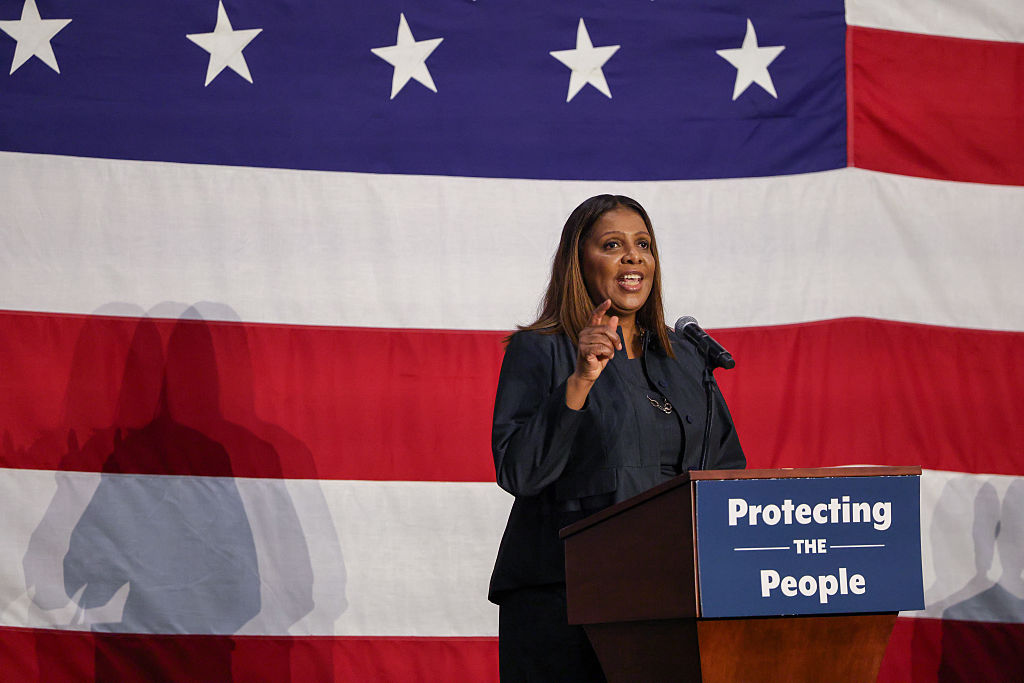NAACP Leader Will Hold Obama Accountable
The NAACP’s new leader intends to hold President Barack Obama accountable for his promises about civil rights regardless of Obama’s status as the first black occupant of the White House.
“The president being black gives us no advantage,” NAACP President and CEO Benjamin Todd Jealous said Tuesday in an interview with The Associated Press, adding that Obama’s background as a community organizer and civil rights lawyer may make him more receptive to the NAACP’s agenda.
Jealous said he expects “the traditional relationship” that presidents have had with the NAACP: “We will be the people at the end of the day who help make him do what he knows he should do. We will help create the room for (Obama) to fulfill, I think, his own aspirations for his presidency.”
“If he aspires to be the next Abraham Lincoln, I aspire to be his Frederick Douglass,” Jealous said, referring to the slave-turned-abolitionist who pressed a cautious Lincoln to issue the Emancipation Proclamation.
As the NAACP prepares to celebrate its 100th anniversary on Feb. 12, Jealous outlined several issues for Obama to address during his first year in office: ensuring fair distribution of federal bailout funds, programs and contracts; double-digit black unemployment; lenders pushing minorities with good credit into subprime mortgages; reducing the disparity between unsolved homicides in minority and white communities; and ensuring that minority children have access to good schools.
The NAACP also has prepared a list of judges, from the federal down to the local level, that it wants considered when vacancies are filled.
Jealous, 35, took the helm of the NAACP in September. He sees the organization’s mission shifting from pushing for civil rights enforcement to basic human rights, like education and health care.
For example, Jealous said, when the Supreme Court issued its landmark 1954 decision in Brown v. Board of Education, which struck down segregation in public schools, the goal was access to educational equality. “Same schools are a civil right,” Jealous said. “The aspiration of the case was being able to go to the same GOOD school … that good schools are a human right.
“Our agenda as we head into our second century as a civil rights organization is also to revive our legacy as a human rights organization.”
Despite Obama’s theme of uniting people across party and racial lines, “in the fulcrum of American politics, you can’t avoid antagonism,” Jealous said.
“Shirley Chisholm was right when she said in politics, there are no permanent friends, there are no permanent enemies, there are only permanent interests,” he said. “That’s the politics that I’ll practice in this job. We have learned, as recently as in the Bush administration, that being black doesn’t make you right. Our interest isn’t in doing the black thing, it’s in doing the right thing.”
Jealous said he has not met with Obama since becoming NAACP president, but he enjoys “a very fluid, high-level relationship” with some of Obama’s aides and advisers.
Kweisi Mfume, a former Maryland congressman who preceded Jealous as NAACP president, said Obama would probably be the first to agree that the the organization – or any other, for that matter – should give him a free pass because of his skin color.
“The notion of the NAACP’s ability to hold the political process and institution accountable cuts across everything,” Mfume said in a separate interview. “There’s got to be an effort to maintain accountability and to do that regardless of the person’s race or their ethnicity.”
Jealous, a lifelong activist and organizer, said that while he counts many of the old-guard civil rights leaders as mentors, “at the same time, if there was a mistake by the previous generation, for instance in politics, it was to be too content with symbols.”
Today’s NAACP members are not satisfied with simply having a black president, he said. “What they want to know is, ‘What problem in my life will he be solving? Dad’s out of work, Mom’s not getting paid enough, the kids’ school is an embarrassment. What is he doing for me?’
“That’s where this generation of civil rights leadership, of black and brown political leadership, of multiracial progressive leadership, that’s what we all have in common,” Jealous said. “People tend to hold us accountable.”















